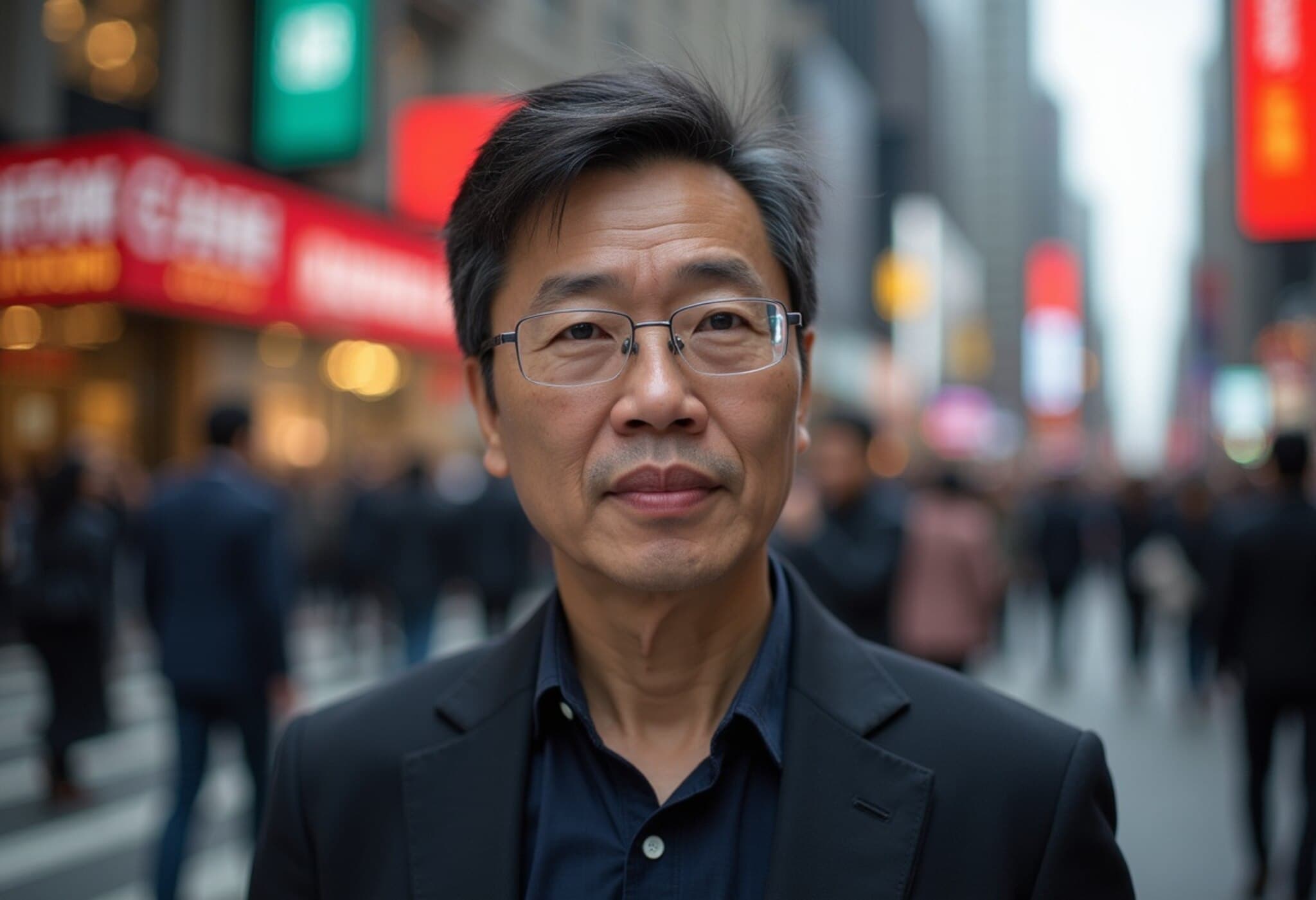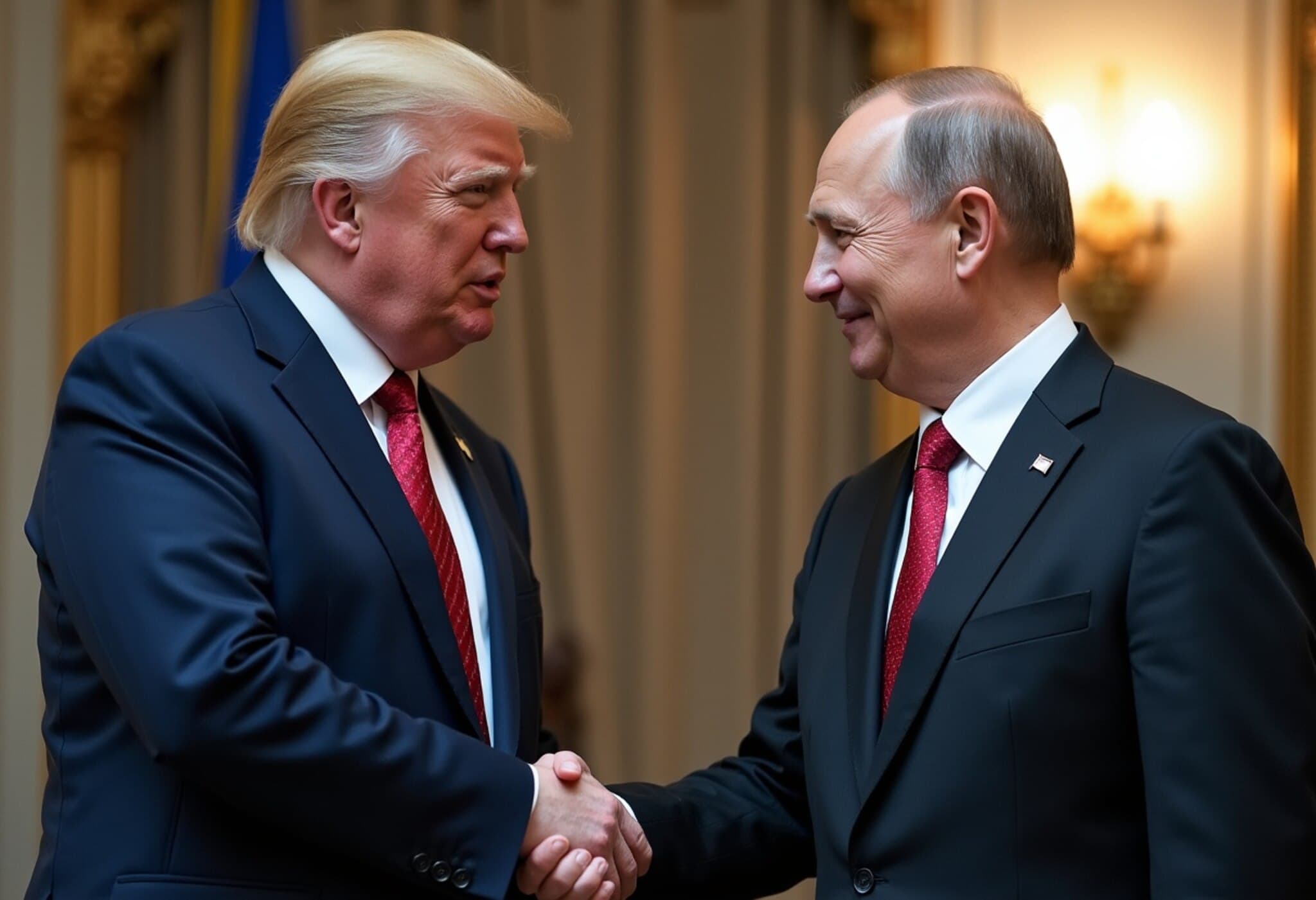Libyans Head to the Polls Amid Heightened Security in Municipal Elections
On Saturday, August 16, 2025, Libyans participated in the second phase of municipal elections, casting ballots under a heavy security presence. This electoral milestone unfolded in the shadow of recent unrest marked by arson attacks, armed confrontations, and logistical disruptions, challenging Libya’s fragility as it strives to consolidate democratic governance after years of turmoil.
Context: A Nation Still Healing From Years of Unrest
More than a decade since the NATO-backed uprising toppled dictator Moamer Kadhafi, Libya remains a divided country grappling with political fragmentation and security challenges. The ongoing elections across roughly 50 municipalities—including the capital Tripoli—are widely seen as a barometer for Libya’s democratic progress and a crucial step toward local governance stabilization.
About 380,000 registered voters were eligible to vote, with polling stations opening from 9:00 am local time (07:00 GMT). The elections were coordinated under the watchful eye of the Tripoli-based Government of National Unity (GNU), which deployed substantial police forces to ensure order.
Political Divides and Election Delays
Since Kadhafi’s fall, Libya has remained split between the internationally recognized GNU led by Prime Minister Abdulhamid Dbeibah, and the eastern-based rival administration backed by General Khalifa Haftar, creating a fraught political landscape.
The elections follow a first phase conducted in November 2024 that covered 58 cities. This phase aimed to cover 63 municipalities, divided as 41 in the west, 13 in the east, and nine in southern Libya. However, the High National Election Commission (HNEC) suspended voting in 11 municipalities—mostly in Haftar-controlled areas—citing irregularities such as unexplained interruptions in voter card distribution.
Additionally, on election day, HNEC postponed elections in seven more municipalities—mainly in western regions including parts of Zawiyah, Surman, and Sabratha—to August 23, reflecting ongoing logistical and security difficulties.
Security Challenges Impacting the Electoral Process
Recent days saw troubling attacks that threatened Libya’s fragile electoral process. On Friday, arson destroyed critical election materials in Zawiyah and Sahel al-Gharbi, both west of Tripoli. Days earlier, armed men stormed the HNEC headquarters in Zliten in the east, inflicting injuries though the extent remains uncertain.
The United Nations Support Mission in Libya (UNSMIL) condemned these








